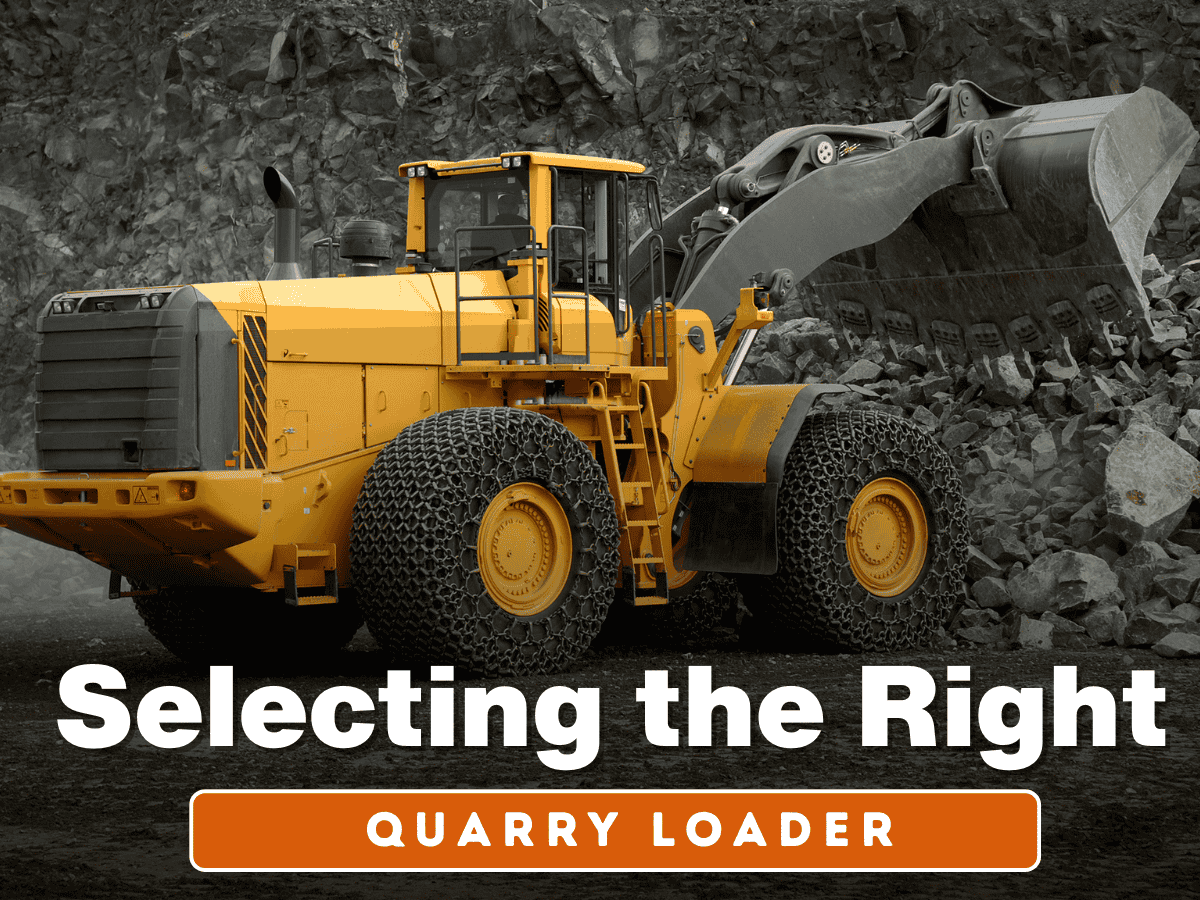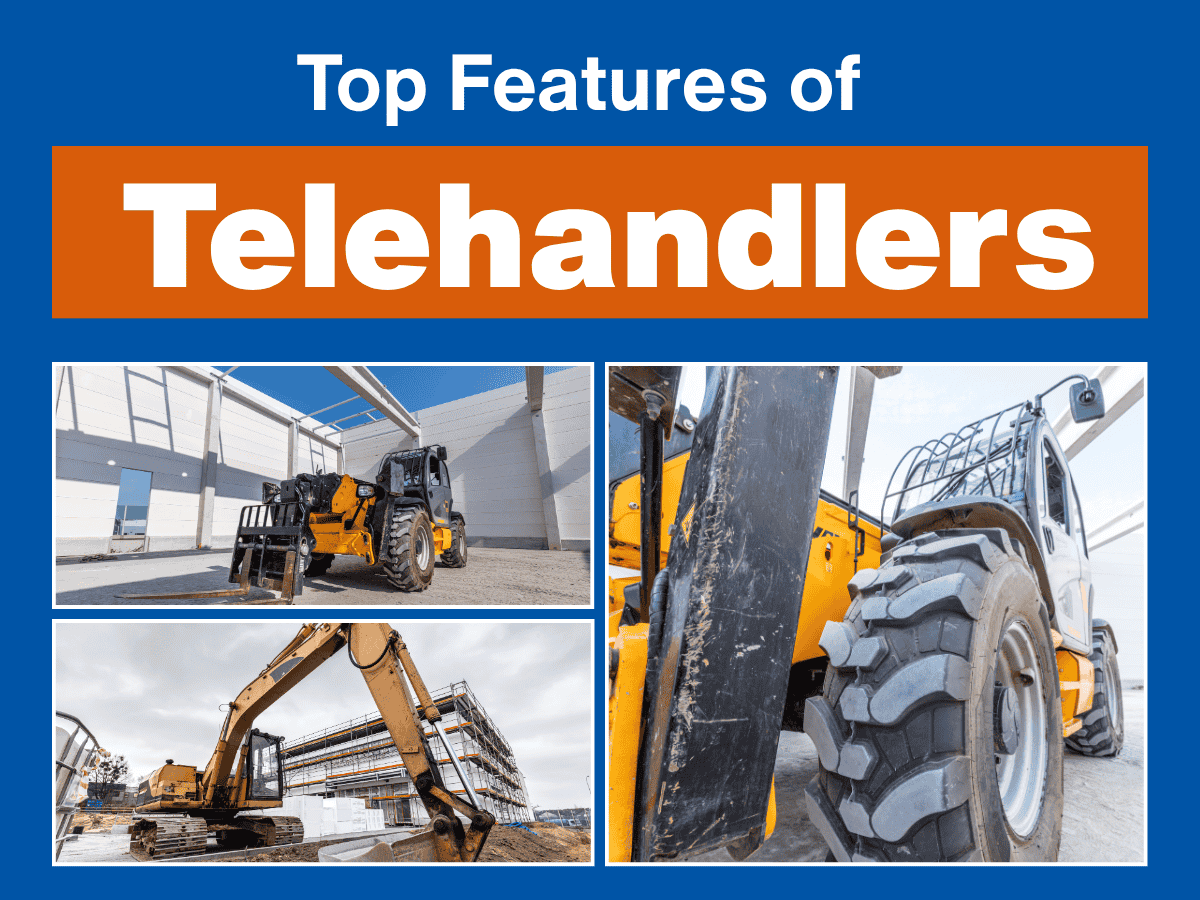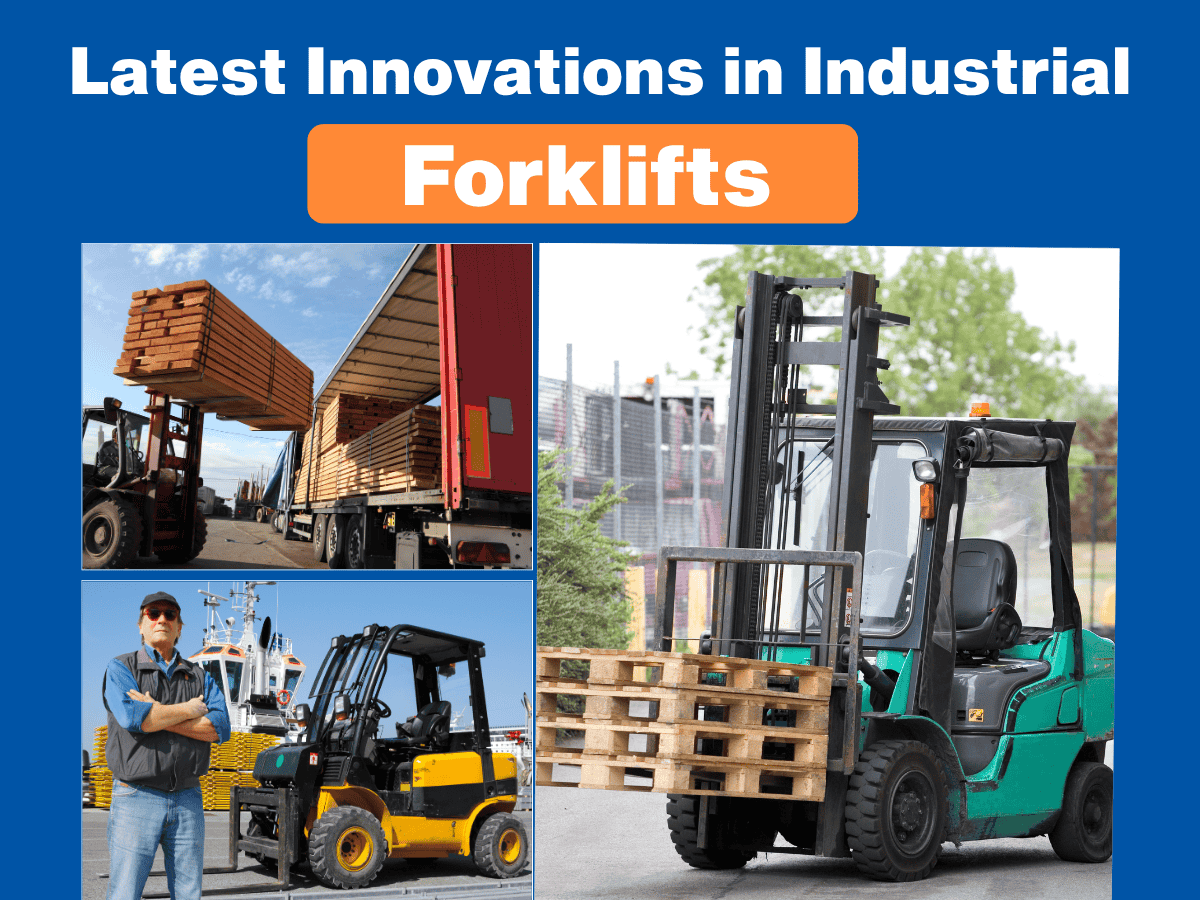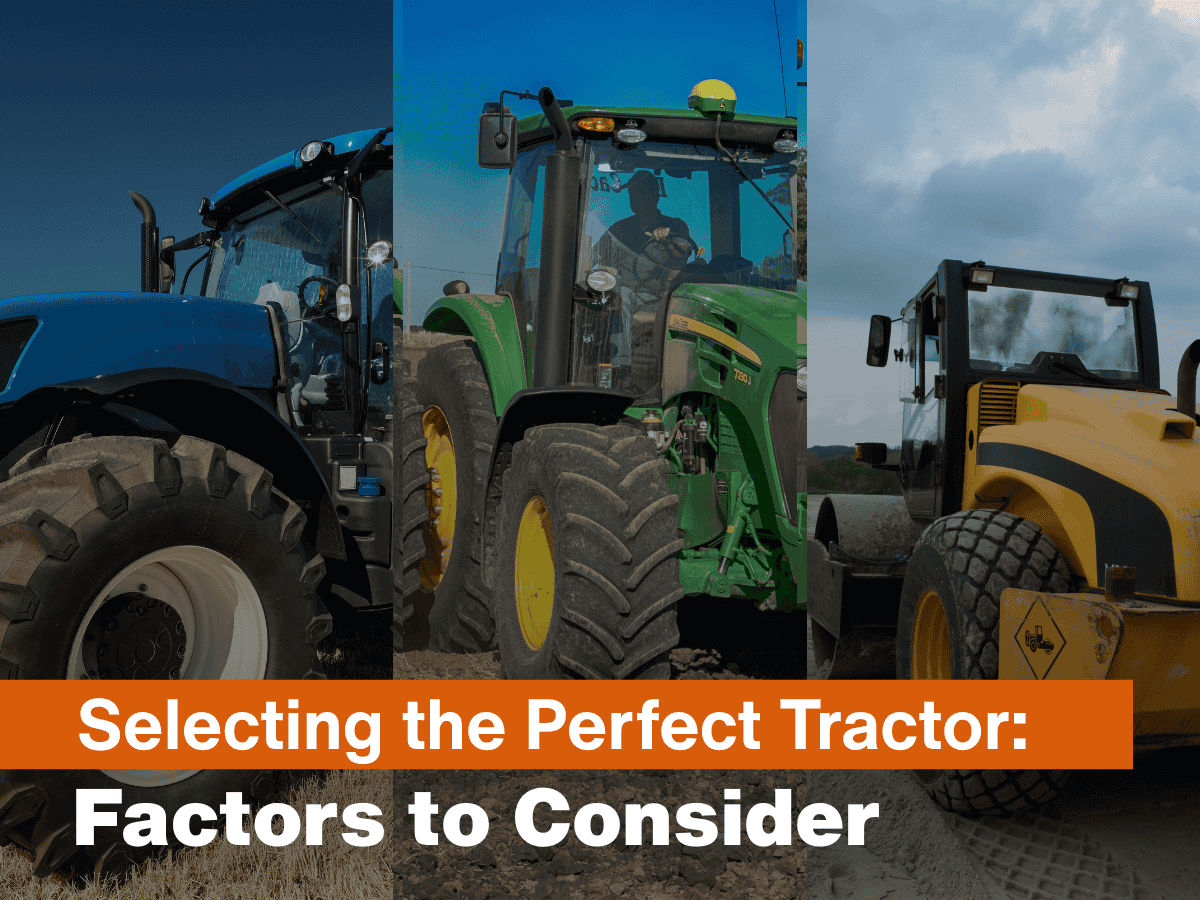ceat-speciality:blogs-tags/all,ceat-speciality:blogs-tags/equipment
Top Tips for Buying a Second-Hand Wheel Loader
Sat, 23 Aug 2025 | PRODUCTS
Buying a second-hand wheel loader can save you big bucks compared to a brand-new one. But, if you’re not careful, it could end up costing more than you bargained for. From checking the engine and hydraulics to verifying paperwork and choosing the right seller, every detail matters. In this guide, we’ll walk you through the top tips for buying a used wheel loader so you can make a smart investment that lasts.
Why Consider a Used Wheel Loader?
Investing in a used wheel loader can be a smart, strategic move—especially when balancing performance needs with budget constraints. Here’s why:
- Save money without sacrificing capability
Used wheel loaders typically cost 30-50% less than new models, making them a cost-effective option for businesses looking to expand their fleet or replace ageing equipment. Plus, since most depreciation occurs in the first few years, a well-maintained used loader retains its value more steadily. This, in turn, gives you better ROI over time.
- Faster availability, quicker deployment
New equipment often comes with long lead times due to manufacturing schedules or import logistics. In contrast, used loaders are ready to go, allowing you to start projects sooner and avoid costly delays. This is especially beneficial for seasonal operations or urgent contracts.
- Value depends on the condition
The true value of a used wheel loader lies in its maintenance history, usage hours, and overall condition. A thorough inspection—checking hydraulics, tyres, engine performance, and wear points—can help you identify high-performing machines that offer years of reliable service. Partnering with a trusted dealer or requesting a certified inspection report adds an extra layer of confidence.
Key Checks Before Buying
1. Engine & Transmission
Start the engine when it’s cold. Listen for strange noises, check for smoke, and look for signs of oil leaks. Shift through all gears to ensure smooth transmission. Any jerking or delays may signal trouble.
2. Tyres & Undercarriage
Examine tyres for even wear, cracks, or cuts. The loader tyres in good shape can save thousands. Check the undercarriage for rust, cracks, or dents—especially on key structural parts.
3. Hydraulics & Bucket
Operate the loader arms and bucket. Fluid movement without jerks or leaks means healthy hydraulics. Inspect hoses, cylinders, and the bucket: look for bends, holes, or excessive wear on the cutting edge.
4. Cab & Controls
Make sure the seat, levers, pedals, gauges, lights, and alarms are all working. Check heating, cooling, and visibility. A comfortable and safe cab boosts productivity.
5. Paperwork & Road Rules
Confirm the machine’s VIN matches the paperwork. Look for valid registration, service history, and any accident records. Ensure the loader complies with local road regulations, especially if it will travel between job sites.
6. Bucket Type & Long‑Term Fit
Choose the bucket type that fits your work—gravel, mulch, or general purpose. A correct match means better efficiency. Check the availability of parts and service support for that model.
7. Seller Reputation
Buy from trusted sellers like established CEAT Specialty dealers or professionals. Ask about past clients and service reputation. Get feedback from other buyers or check reviews.
Final Thoughts
A second‑hand wheel loader can give excellent value, provided you do your homework. Inspect every component, verify the paperwork, choose the right bucket, and buy from a credible seller. With these top tips, you can enjoy strong performance without surprises.
Thanks for reading!
Frequently Asked Questions (FAQs)
What should I look at in a second-hand wheel loader inspection?
Focus on the engine, transmission, hydraulic systems, tyres, undercarriage, cab, and bucket condition. Always verify paper trail—VIN, ownership history, service records—and ensure the seller is reputable.
Is it better to buy used equipment or go for a new loader?
It depends. Used loaders save money but require careful inspection. New loaders offer warranty and reliability—but at a higher price. Weigh your budget, workload, and risk appetite.



















